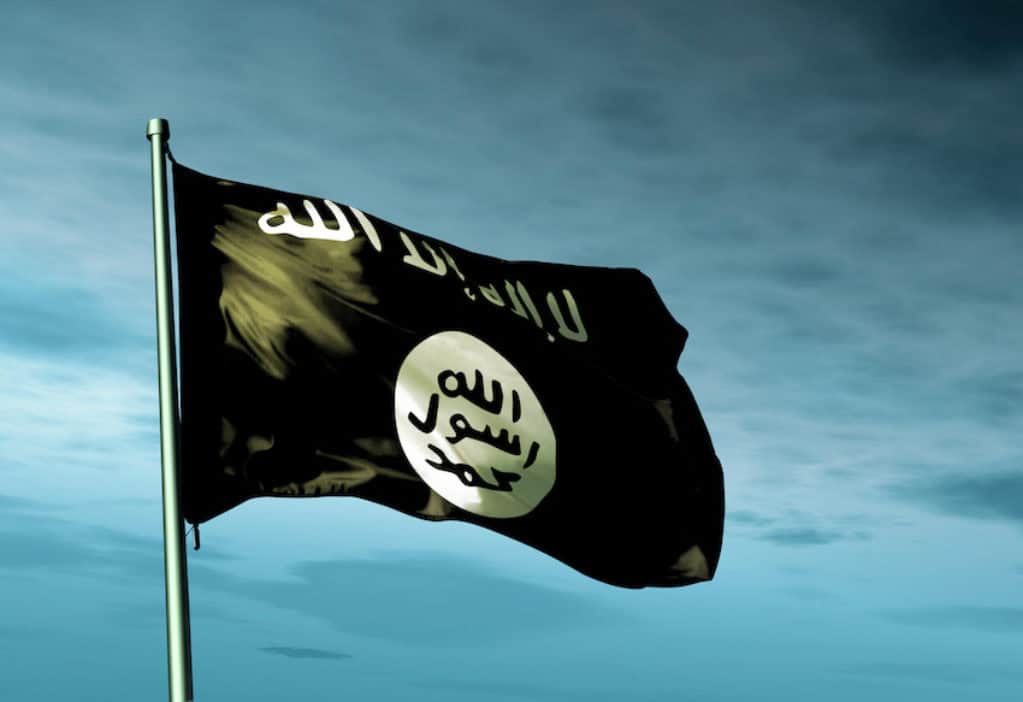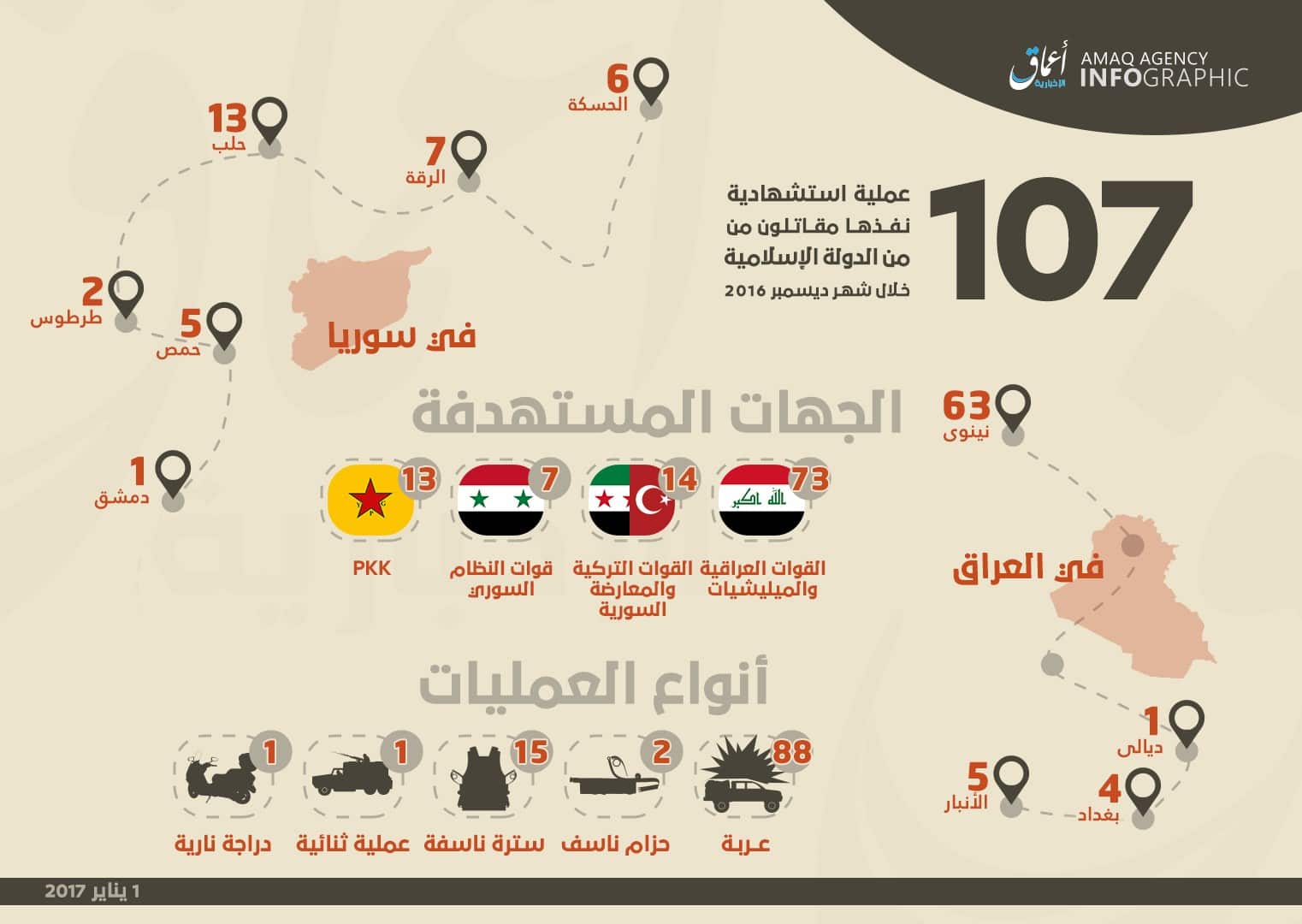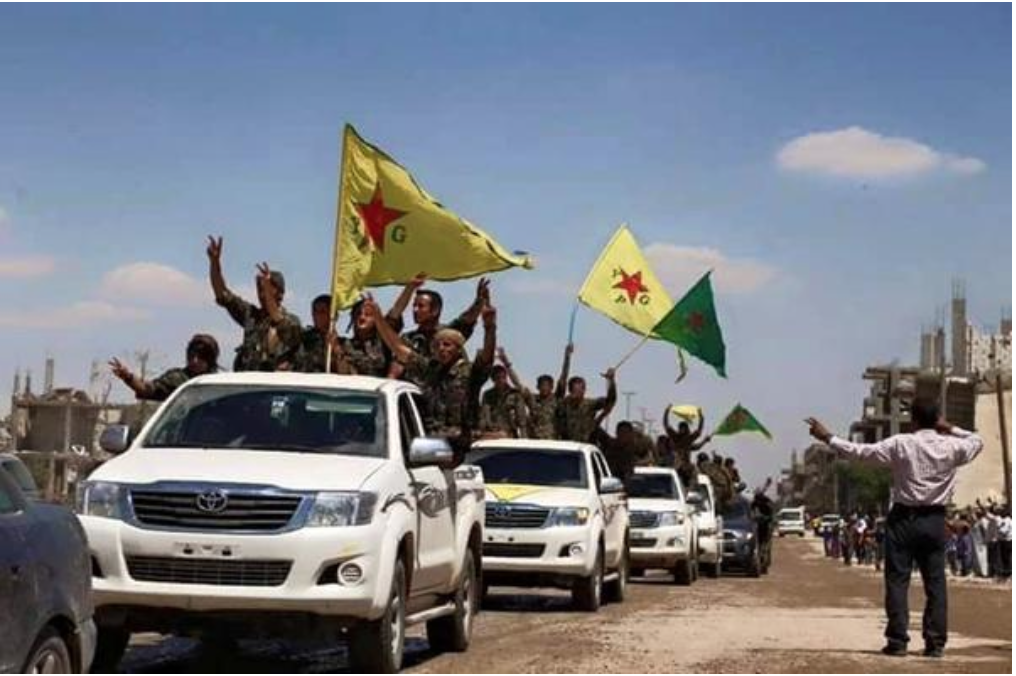
Islamic State sleeper cells target Raqqa
The rising of Islamic State sleeper cells could become more common as the Kurdish-dominated SDF is diverted to the newly announced Turkish invasion of northern Syria.

The rising of Islamic State sleeper cells could become more common as the Kurdish-dominated SDF is diverted to the newly announced Turkish invasion of northern Syria.

Thomas Joscelyn’s testimony before the House Homeland Security Committee’s Task Force on Denying Terrorists Entry into the United States on what happens to the Islamic State after it loses its territory in Iraq and Syria.

The Islamic State claims to have carried out 1,112 suicide attacks in Iraq and Syria during 2016. Additional suicide bombers were deployed in Libya and elsewhere. If the group’s claims are accurate, then the so-called caliphate has been using “martyrs” at a historically high rate.

Kurdish forces and fighters from the Free Syrian Army have seized a military base and a town just 30 miles north of the city of Raqqa, which is the seat of the Islamic State’s so-called “caliphate.” The losses are problematic for the Islamic State, which claims that its territorial rule is “remaining and expanding.”
Despite female Islamic State recruiters praising the “positive” aspects of life in Raqqah on their social media accounts, the group’s own material shows a different side, one that exposes its real and brutal treatment of women.
Life in Raqqah under Islamic State